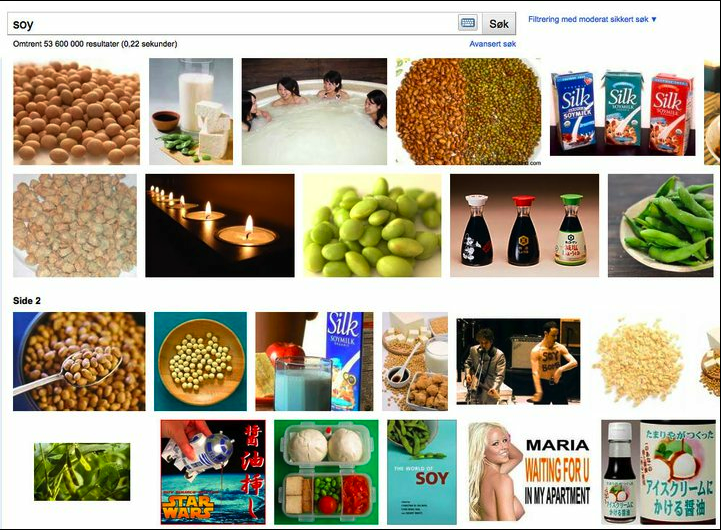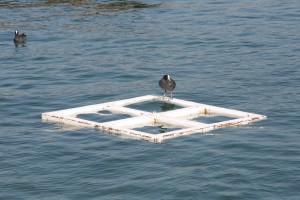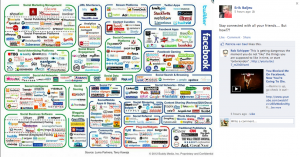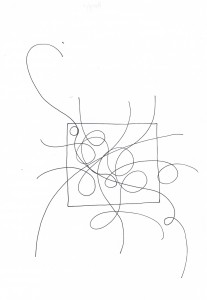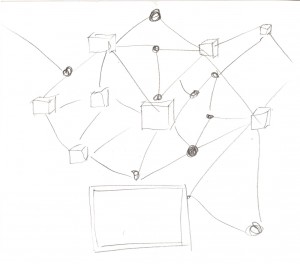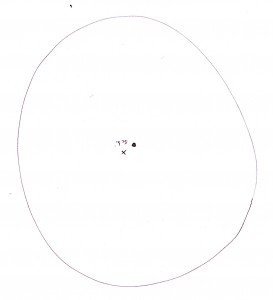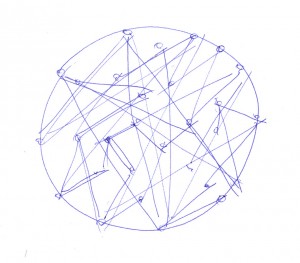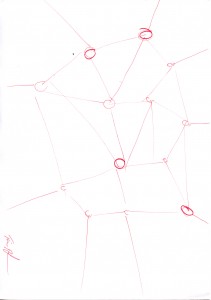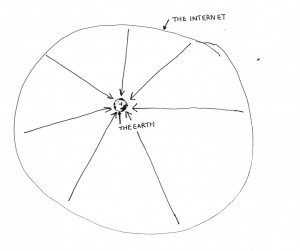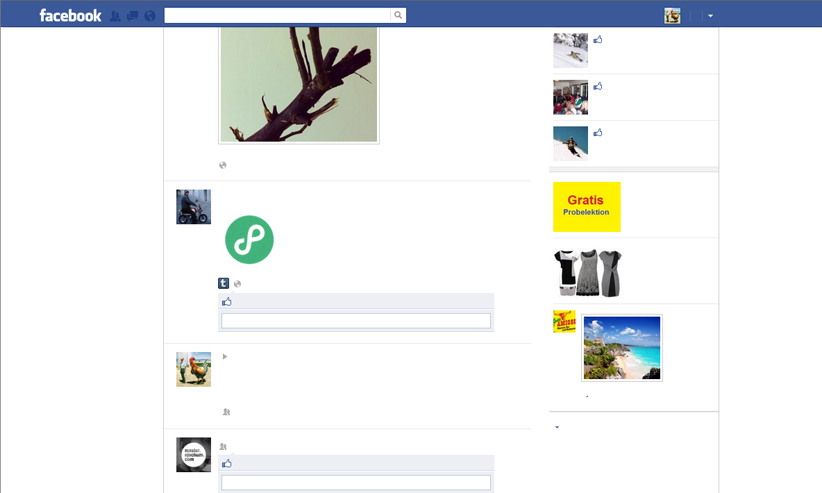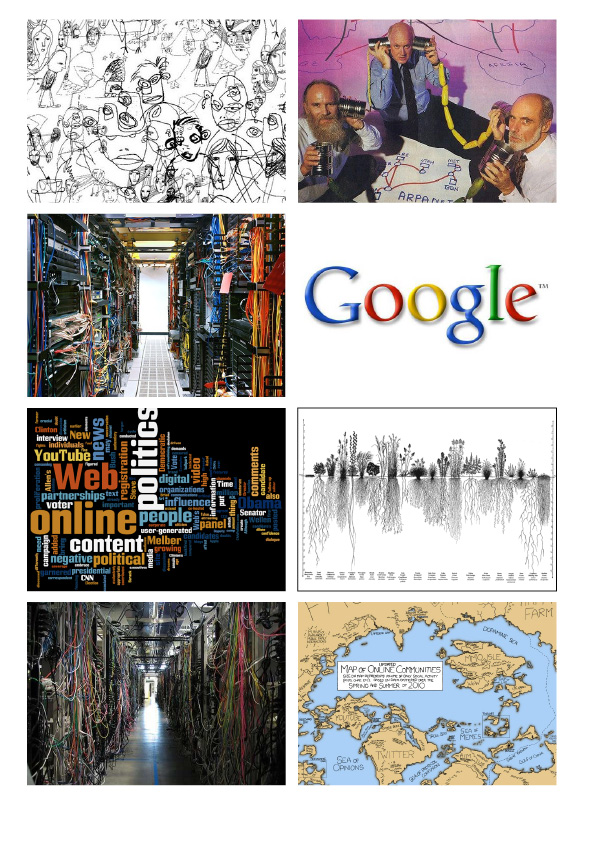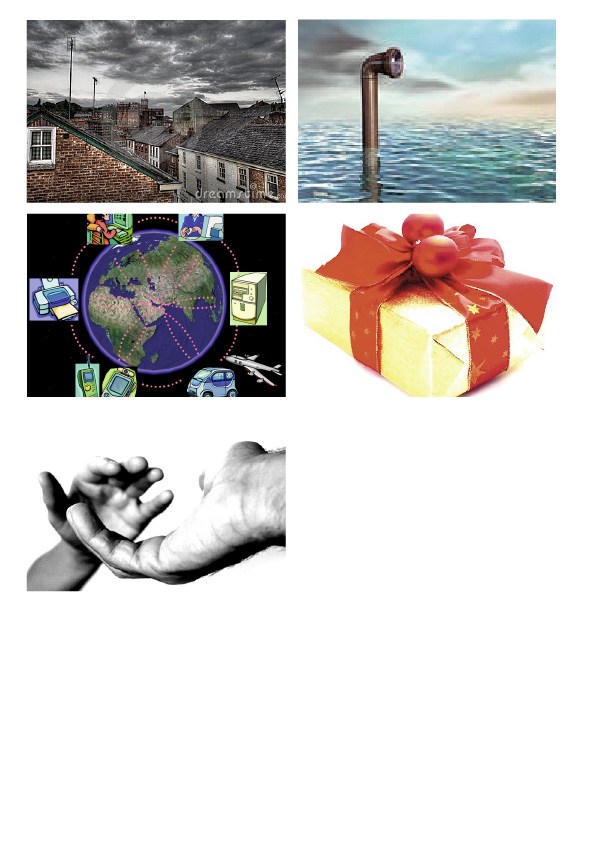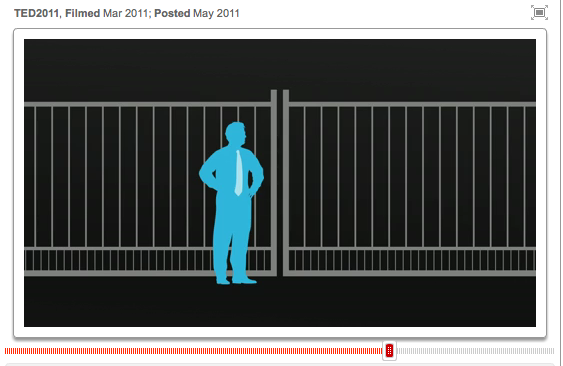At the beginning of May I had the pleasure to meet with Rob van Kranenburg during his visit to Switzerland. He is a busy man, so it was an honour to be able to ask him questions, to talk about the Internet of Things, The Council and also more in general how he views the world now and in the future. Apart from being very interesting and inspiring, Rob pointed me toward a concrete direction for my master thesis, which might have taken me a lot longer to see by myself.
http://www.theinternetofthings.eu/
He spoke about different kinds of intelligence and what a nice challenge it would be to create a platform which is catered towards all of them. Within the frame of my project, I understand this statement the following way (hoping not to translate it wrongly): There is different ways of searching, some people search online, some offline, some ask people directly, some go straight to the library, some search only on Google, some on other search engines, and maybe, in the future, some people won’t remember analogue encyclopedias. It is not about cataloging those kinds into right or wrong, or old and new. It is about making the path of online research more transparent.
Rob wondered wether it would be interesting to look into children and make them my target audience. Which is interesting to me because one of the options I am thinking about is to design for a self-given future scenario in the world of online searching.
This leads me to the conclusions I could draw from this conversation with the creator of The Internet of Things. There is three enquiries I will be doing over the summer:
1.HOW DO YOU SEE THE INTERNET? A large enquiry where I ask as many people as possible to send me an image/images of how they see the internet. I am trying to get instinctive (imagery) associations back which show the relationship the user has to the medium internet.
2. SEARCH BEHAVIOUR (OFF- AND ONLINE) A focused enquiry with 5-6 people where they search the answer to a given question; I will observe how and where they search. What is their instincts? What is their pattern? What do they avoid?
3. COMPARATIVE ONLINE SEARCH ENQUIRY A large enquiry where I ask one specific question to people from different countries. How are their findings different? A simple search result from the same search engine can differ depending on .ch, .nl, .fr, .it ect.
These enquiries will help me to define
– what it is I would like to make visible in the online search process
– what my target group is
– what is it concretely I will be designing
